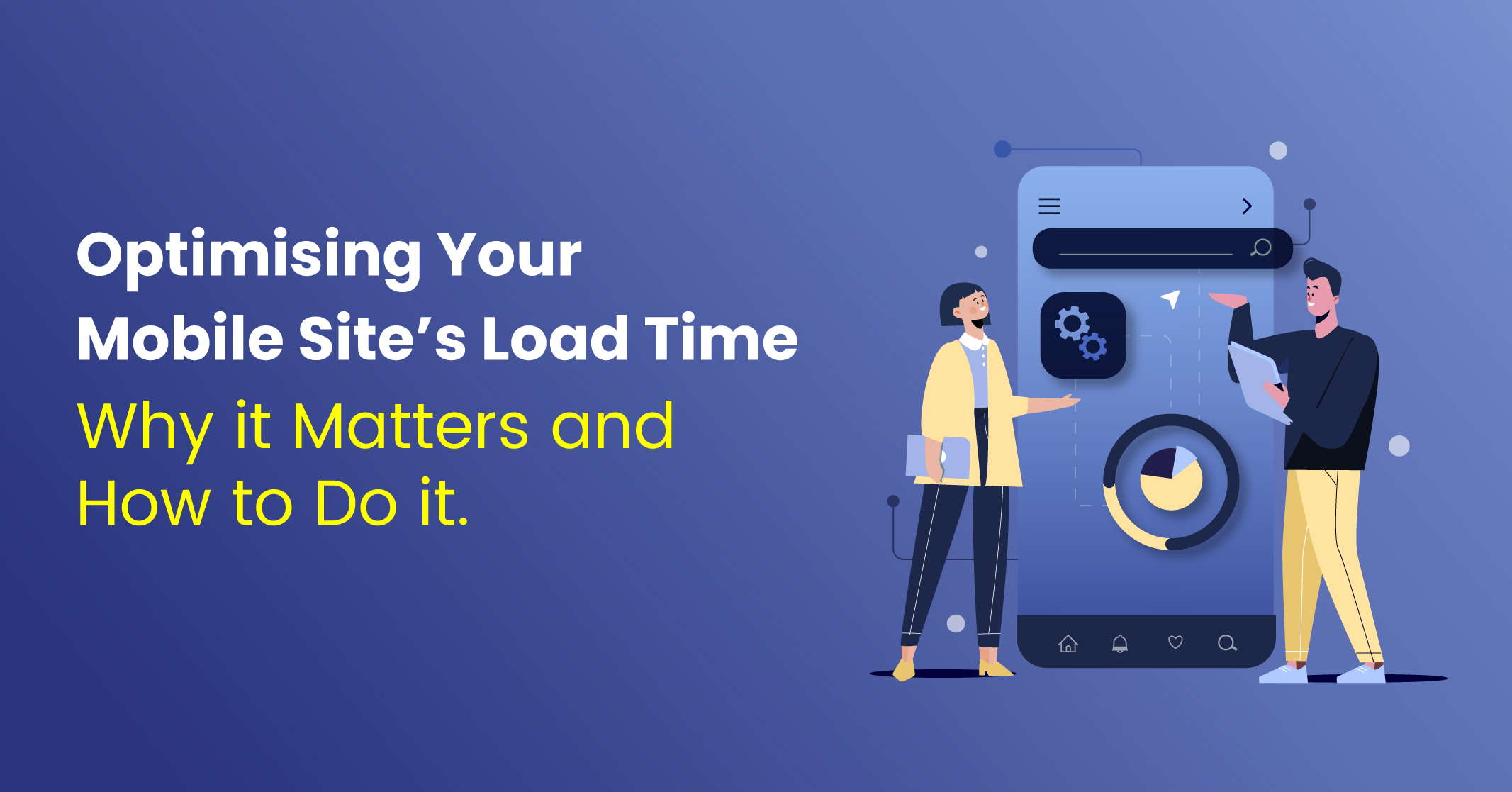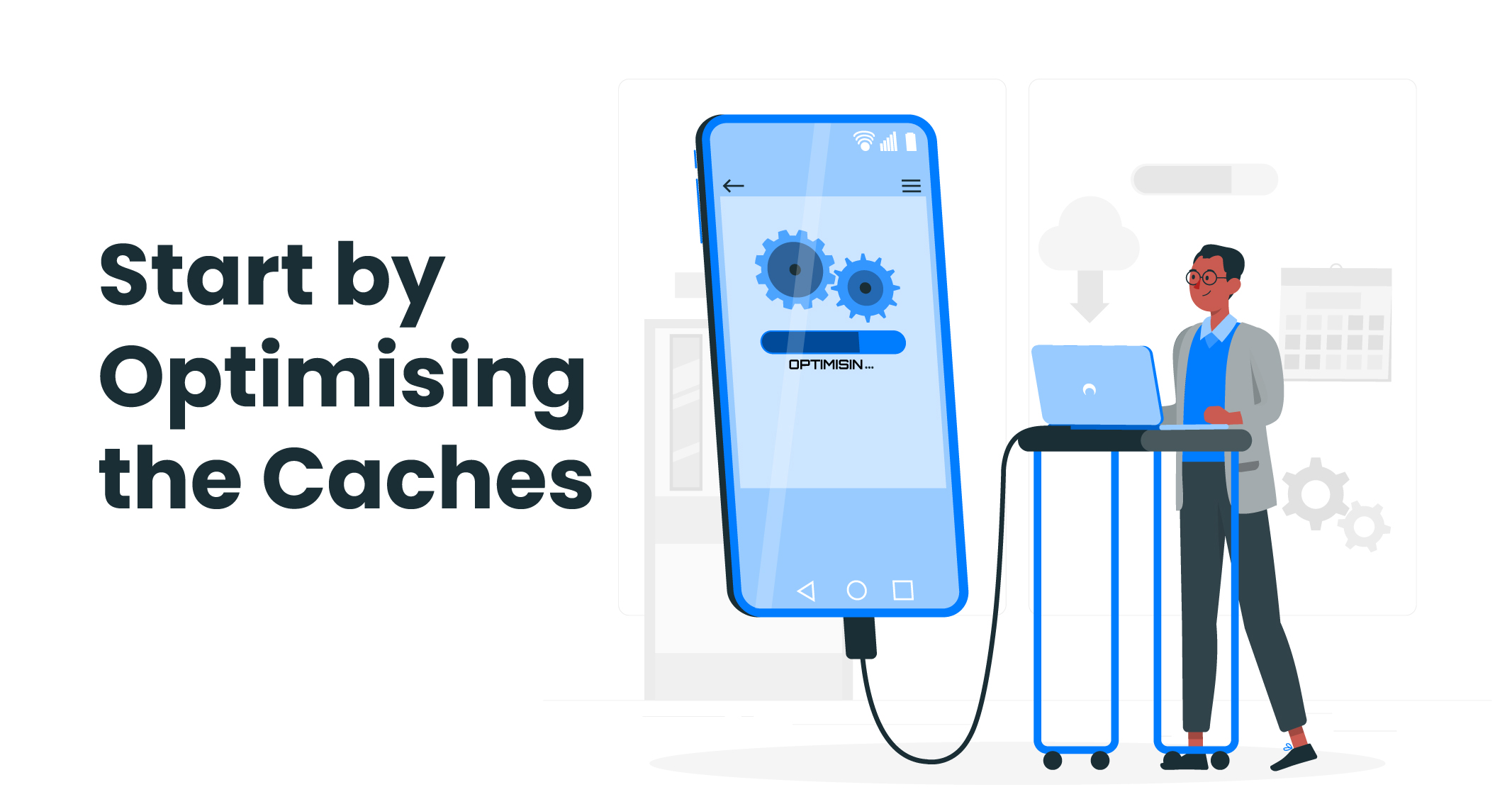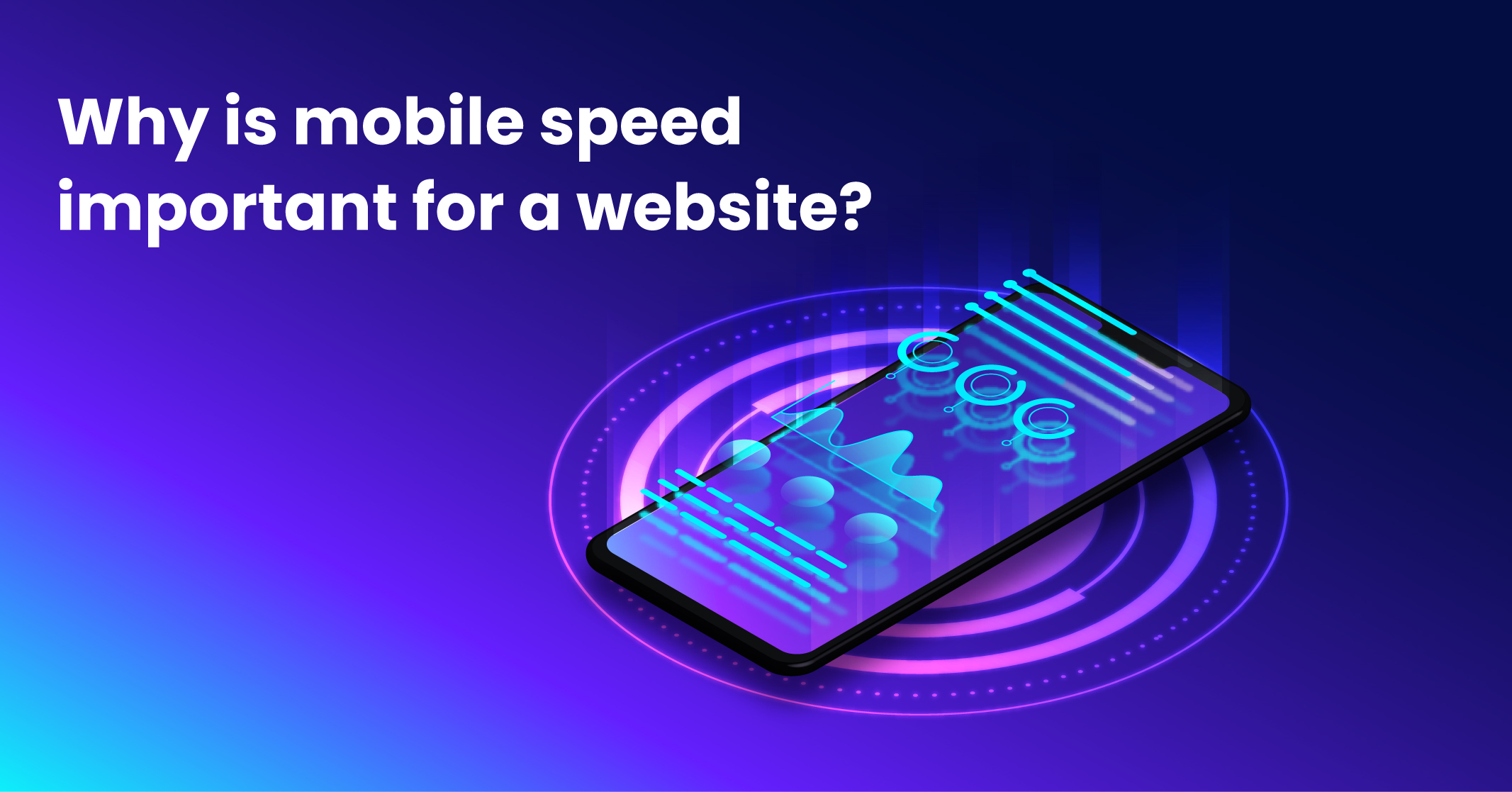I hope you enjoy reading this blog post.
If you want to get more traffic, Contact Us

Click Here - Free 30-Minute Strategy Session
Be quick! FREE spots are almost gone for this Month. Free Quote

Introduction
In today’s digital age, mobile devices have become an integral part of our daily lives, and most people access the internet via their smartphones or tablets. As a result, having a mobile-friendly website is no longer a luxury but a necessity. However, having a mobile website that loads slowly or is not optimized for speed can lead to a poor user experience, resulting in a loss of potential customers.

Click Here – Free 30-Minute Strategy Session
Be quick! FREE spots are almost gone for this Month
At Traffic Radius, we understand the importance of optimizing your mobile site’s speed to deliver a seamless user experience, rank high in search results, and boost your online presence. With our range of services, including Google Speed Test, Page Speed Insights, and Mobile-Friendly Test, we can analyse your mobile page load time, identify issues affecting your site’s speed, and suggest effective solutions such as mobile SEO tips, mobile speed in SEO, and mobile website speed tests. Get in touch with us today to learn more about our SEO optimization tips and mobile SEO strategy and take your business to the next level!
Absolutely! A mobile site’s speed and load time is crucial for a successful website in today’s fast-paced digital world. Google’s upcoming Mobile-First Indexing update, set to launch in 2018, will further reinforce the need to optimize the site’s load time, page speed, and mobile site’s speed.
While some may feel like it’s too early to worry about mobile-first indexing, it’s important to note that the average attention span of website visitors is only seven seconds, and page speed plays a significant role in keeping users engaged. Google Analytics’ metrics, such as Page Load Time, Page Size, and Lookup, prove how vital it is to make site speed a top priority.
To stay competitive in the digital landscape, businesses need to ensure their mobile sites load quickly, and that page speed is optimized. By focusing on the site’s load time, mobile site speed, and page speed, you can improve user experience, rank higher in search results and increase conversion rates.
If you’re reading this post, you’ve probably experienced the frustration of waiting for a mobile web page to load. And you’re not alone. Studies show that 53% of mobile visitors will abandon a site that takes longer than 3 seconds to load. With mobile usage accounting for 65% of digital time, brands must provide a fast and seamless mobile user experience.
In today’s fast-paced world, people want everything instantaneously, including website load times. Desktop usage is becoming increasingly obsolete, and mobile devices are now the go-to for browsing. Slow page loads simply won’t cut it anymore, and users will quickly lose patience and move on to a faster alternative.
To stay ahead of the competition, it’s essential to prioritize the site’s load time and page speed, ensuring a smooth and speedy mobile site experience for your customers.
Google emphasizes that page speed is a crucial component for your landing page conversions and has a massive impact on your Quality Score. However, most businesses tend to overlook this fact, leading to a waste of time, money, and effort in creating ineffective landing page experiences.
If your website takes a long time to load, visitors will likely leave, resulting in a poor ranking from Google crawlers. The faster your page loads, the higher your Quality Score will be, which, in turn, decreases your ad expenses. This translates to better efficiency in ad spending and greater reach for your ads. Remember, page speed is key to a successful online business.
Site speed is a crucial factor for ranking on Google’s SERP. Websites that load faster are more likely to rank higher. When two mobile sites with similar content quality, backlink profile, and domain authority are compared, the one with better page speed will be given more weightage in organic rankings. In a nutshell, a site’s load time and page speed are critical factors that can significantly impact a website’s search engine ranking.

Google conducted a study to test the importance of page loading time. Results showed that even half a second can make a huge impact on traffic. This proves that optimizing your site’s load time is crucial for success. Tools like Google Speed Test, Page Speed Insights, and Mobile-Friendly Test can help you assess and improve your site’s mobile page load time.
Don’t let slow page speed hinder your website’s performance, act and optimize it today.
Google uses Page Speed Score, a metric ranging from 0 to 100, to rank mobile sites based on their speed. Sites that load faster receive a better score and those with a score equal to or above 85 are ranked well.
To optimize site speed, Google offers its flagship tool that generates a detailed report on Above-The-Fold Load Time and Full-Page Load Time. These mobile SEO tips can help improve your site’s performance and ensure that it passes the mobile-friendly test and Google’s site speed test.
Want to know how your mobile site performs? Google’s Page Speed Insights provides a page speed score along with actionable tips to enhance your mobile site’s performance.
For instance, imagine you run a mobile e-commerce website that sells clothes. A visitor clicks on an ad and lands on your website, but your website takes too long to load. The visitor leaves your website and goes to your competitor’s website, and you lose a potential customer. In this scenario, you may want to check your mobile site’s performance using Page Speed Insights to identify the areas that need improvement.
This tool analyses several factors such as server configuration, HTML structure, use of Java, and CSS to provide recommendations to enhance your site’s performance. Plus, it only considers factors that are network independent.
With mobile SEO becoming increasingly critical for businesses, optimizing your mobile site’s speed is a must. Using tools like Google’s Page Speed Insights and the mobile-friendly test can help you achieve a higher page speed score and improve your mobile site’s performance.
It’s time that you start optimising your site and mobile speed in SEO for better speed and an easy process.
Here are some actionable steps that you can implement to enhance your mobile site’s speed.

Maximise your site’s speed by optimising your mobile browser caches. Mobile caches are not as extensive as desktop caches, and thus cannot hold as much content. By optimizing your mobile browser caches, you can reduce page loading times and avoid unnecessary server requests. Utilize local memory to cache resources and ensure smoother page loading.
Reducing load times can also be achieved by embedding resources in HTML. However, it is important to be mindful of page size when using this method, as it can have the opposite effect on optimization efforts. Investing in an application that enables resource embedding only, when necessary, can help you achieve your optimization goals. By utilizing this technique, you can enhance your site’s performance and provide an overall better user experience.
Reduce the load time of your mobile site by deferring the parsing of unnecessary <script> tags that slow down mobile browser processing.
Remove redirects from your mobile site to minimize processing time and enable users to directly access the mobile site. Provide a link to the main (desktop) site for those who prefer it.
Minify all JavaScript and CSS to improve caching and reduce bandwidth usage, but make sure to keep the functionality of the source code intact. Remove unnecessary characters from the source code to further optimize it.
To create a fast-loading mobile site, you can leverage the power of HTML5 and CSS3. By using these lightweight technologies, you can streamline the site’s design and functionality while delivering an exceptional user experience.
To improve mobile site performance, it’s important to resize and optimize images for faster loading times. By using lightweight images, compressing them, and leveraging image optimization tools, you can ensure your mobile site loads quickly and delivers an engaging experience to your users.
Delayed response times from mobile site buttons can negatively impact the user experience. By replacing click events with touch events, you can minimize these delays and provide a more seamless browsing experience. This can result in increased user engagement and higher conversion rates for your mobile site.
AJAX can significantly reduce your site’s load time by fetching data from the server without refreshing the page. This means that your visitors can continue browsing uninterruptedly while the necessary content is processed in the background.
A Content Delivery Network (CDN) can distribute your site’s pages and content to users based on their geographical location. Top e-commerce sites in the USA already use efficient CDNs, like Amazon CloudFront, to deliver fast page load times. Join them in optimizing your site’s speed by investing in a high-performing CDN.
If you’re investing in creating captivating content for your mobile site, you might want to consider its loading speed. Your visitors are likely to leave your site if it takes too long to load. At Traffic Radius, we understand the importance of page speed in providing an excellent user experience. Slow load times can negatively impact your Google rankings and conversion rates.
We believe that every second counts when it comes to mobile sites. By reducing your site’s load time, you’ll increase your audience’s happiness and chances of converting them. Our quick tips, such as optimizing images, minimizing redirects, and using AJAX and a Content Delivery Network (CDN), can significantly improve your mobile site’s loading speed.
Do you have any questions about our mobile SEO strategy or suggestions for improving mobile site speed? Feel free to leave a comment below. We’d love to hear from you!

To optimize SEO for mobile, you can follow these tips:

LEAVE A REPLY